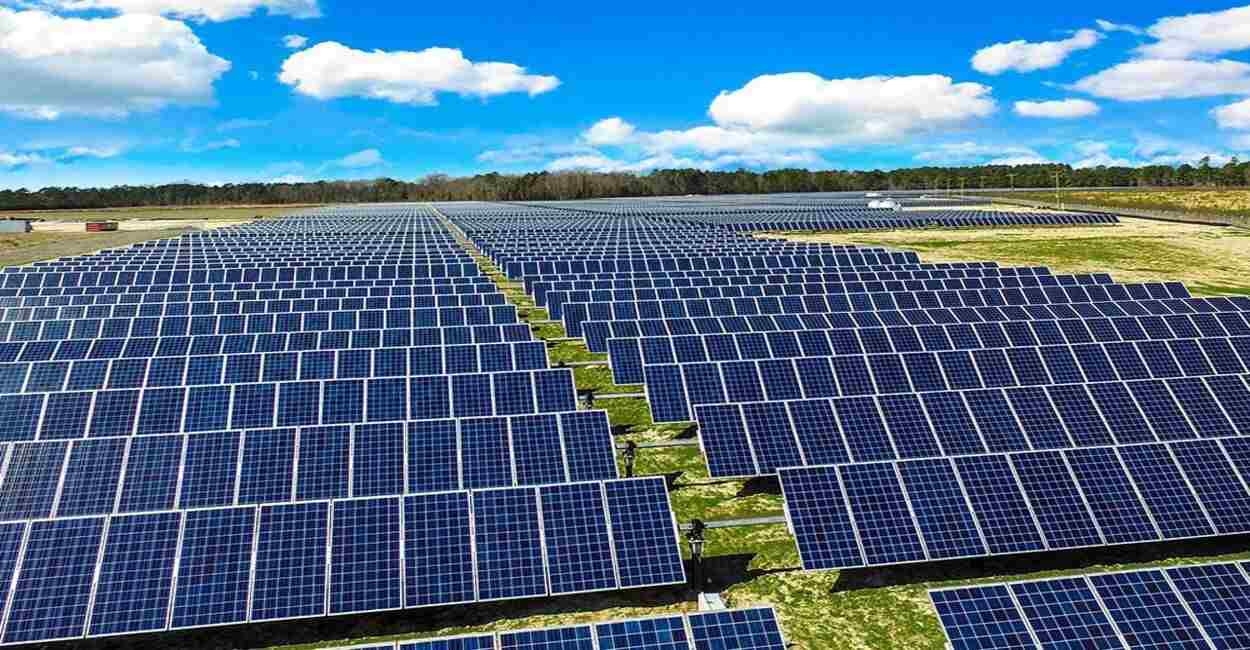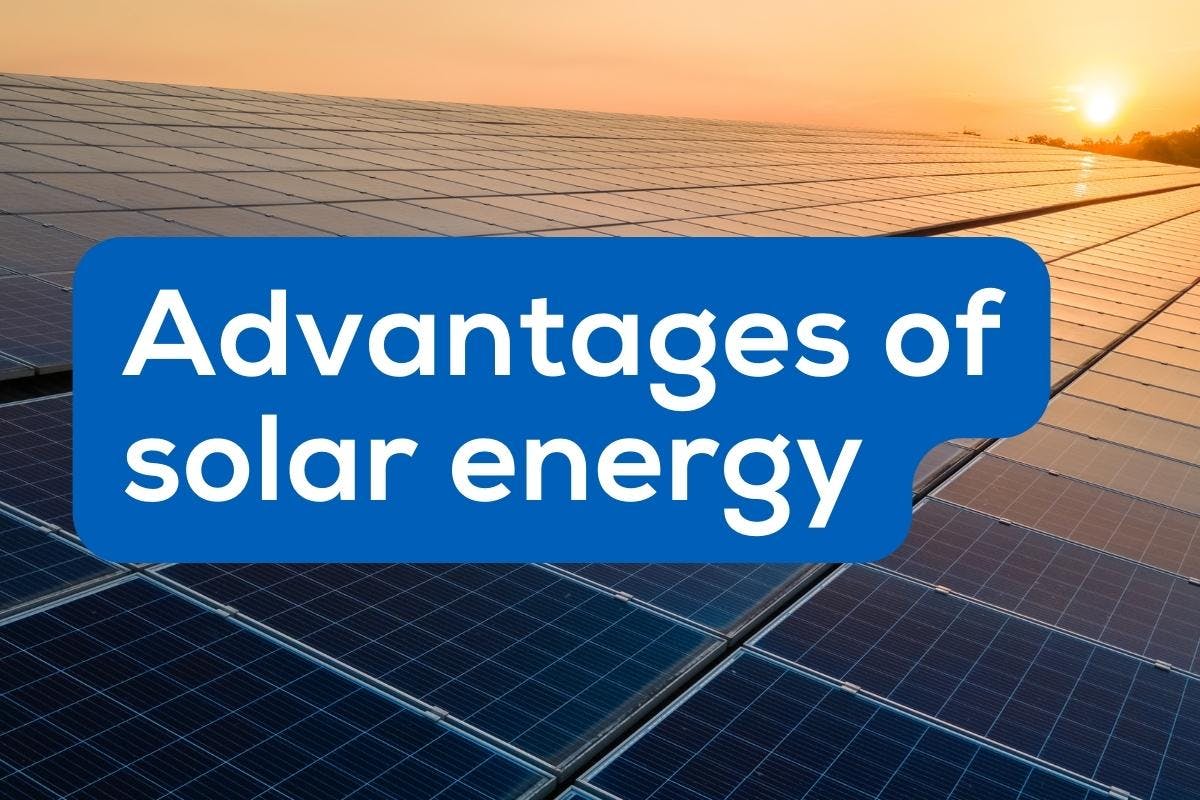Exactly How Solar Power Can Aid You Save Cash and Decrease Your Carbon Impact
The integration of solar power right into your energy portfolio offers a compelling opportunity for both economic cost savings and environmental stewardship. As various federal government motivations become readily available, the concern occurs: exactly how can one effectively navigate the initial financial investments and recurring benefits of solar technology to maximize both financial and ecological gains?
Understanding Solar Energy Savings
While the change to solar power often entails an initial investment, understanding solar power financial savings is important for home owners and organizations alike. Solar power systems can substantially lower electrical energy expenses by using the sunlight's energy, translating into considerable lasting economic benefits. By producing their own electrical energy, individuals decrease dependence on grid power, which goes through changing costs. These financial savings can collect in time, often causing a fast roi.
Additionally, solar energy systems might receive different monetary rewards, including tax obligation credit scores and refunds, additionally enhancing their cost-effectiveness. The availability of net metering permits individuals to offer excess energy back to the grid, developing an extra revenue stream. These variables add to the total cost savings related to solar power.

Along with guide financial financial savings, solar power offers the included benefit of boosting building worth. Residences outfitted with solar panels are typically a lot more appealing to purchasers, as they guarantee reduced power prices - Simply Solar Illinois. Recognizing these components is crucial for anyone taking into consideration solar power, as it highlights not just the potential economic gains, yet likewise the wider environmental and economic advantages of adopting eco-friendly power services
Initial Costs vs. Long-Term Advantages
When assessing solar power, it is necessary to consider the preliminary costs versus the lasting advantages. The upfront financial investment for photovoltaic panels, installation, and relevant devices can be substantial, typically ranging from $15,000 to $30,000, depending on the system size and home power needs. This initial expense may deter some homeowners; nonetheless, it is critical to take into consideration the possible savings in time.
As soon as installed, solar energy systems can substantially decrease and even get rid of month-to-month power costs, causing substantial lasting financial advantages. Researches suggest that property owners can conserve anywhere from $10,000 to $30,000 over the lifespan of their solar system, usually 25 years. In addition, numerous states supply incentives, tax debts, and refunds that can counter initial expenses, making solar extra available.

Minimizing Your Carbon Footprint
Decreasing your carbon footprint is a crucial consideration in today's ecologically conscious this article culture, and adopting solar power is just one of the most efficient methods to accomplish this objective. Solar power is a tidy, renewable energy that dramatically lessens reliance on fossil gas, which are major contributors to greenhouse gas exhausts.

Additionally, the prevalent adoption of solar modern technology motivates the growth of eco-friendly tasks and supports technologies in energy storage space and efficiency. The even more people and companies buy solar power, the higher the cumulative reduction in carbon discharges, fostering a cleaner atmosphere for future generations.
Federal Government Rewards and Discounts
Adopting solar power not just benefits the setting however can additionally result in substantial economic savings, particularly with the accessibility of government rewards and rebates. Various government, state, and regional programs are designed to encourage home owners and companies to check spend in solar energy systems, making the shift a lot more cost effective.
Among the most famous rewards is the Federal Financial Investment Tax Obligation Credit (ITC), which allows solar system owners to deduct a substantial portion of the installment prices from their government tax obligations. This incentive has been crucial in decreasing the in advance costs connected with solar power systems. In addition, several states use their very own tax obligation debts, gives, and discounts that can better boost financial savings.
Moreover, some city governments offer real estate tax exemptions for solar setups, making sure that house owners do not deal with enhanced real estate tax as an outcome of their renewable energy financial investments. Energy business may additionally supply motivations, consisting of net metering and feed-in tariffs, which permit solar power individuals to market excess power back to the grid.
Picking the Right Planetary System
Selecting the appropriate planetary system is crucial for taking full advantage of energy moved here efficiency and economic benefits. The decision hinges on numerous factors, including power requirements, budget, and readily available area. Homeowners ought to begin by analyzing their electrical energy consumption to establish the system dimension needed for ideal performance.
Following, consider the various types of solar technologies available. Simply Solar Illinois. Solar (PV) panels are the most typical, transforming sunlight straight into electrical energy, while solar thermal systems focus on home heating water. Each type has unique benefits depending upon specific needs
Budget plan factors to consider are likewise extremely important. Initial installment costs can vary dramatically, so it is very important to contrast quotes from multiple carriers and explore financing alternatives. Government rewards and discounts can even more decrease the financial problem, making planetary systems much more obtainable.
Final Thought
In summary, solar power offers a viable service for accomplishing substantial cost savings while all at once reducing carbon exhausts. The first investment, though substantial, yields significant long-lasting monetary benefits, with prospective cost savings varying from $10,000 to $30,000 over 25 years. In addition, the ecological benefits of solar power add to lasting techniques essential for combating climate change. Government incentives enhance the feasibility of solar technology fostering, urging a change towards a cleaner, a lot more financially effective energy source.